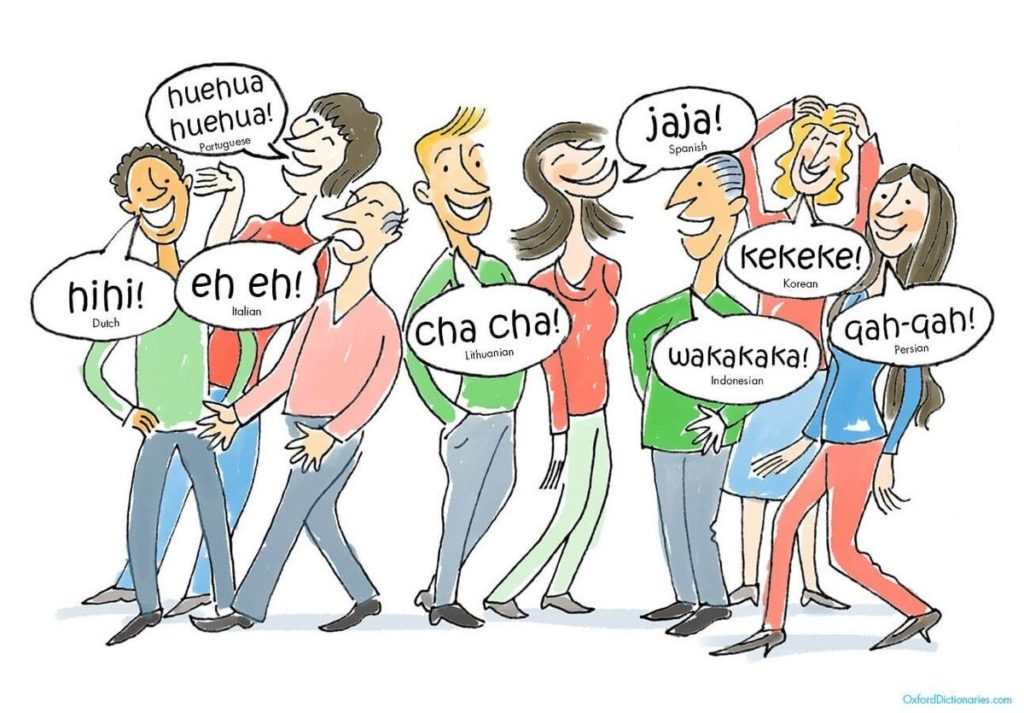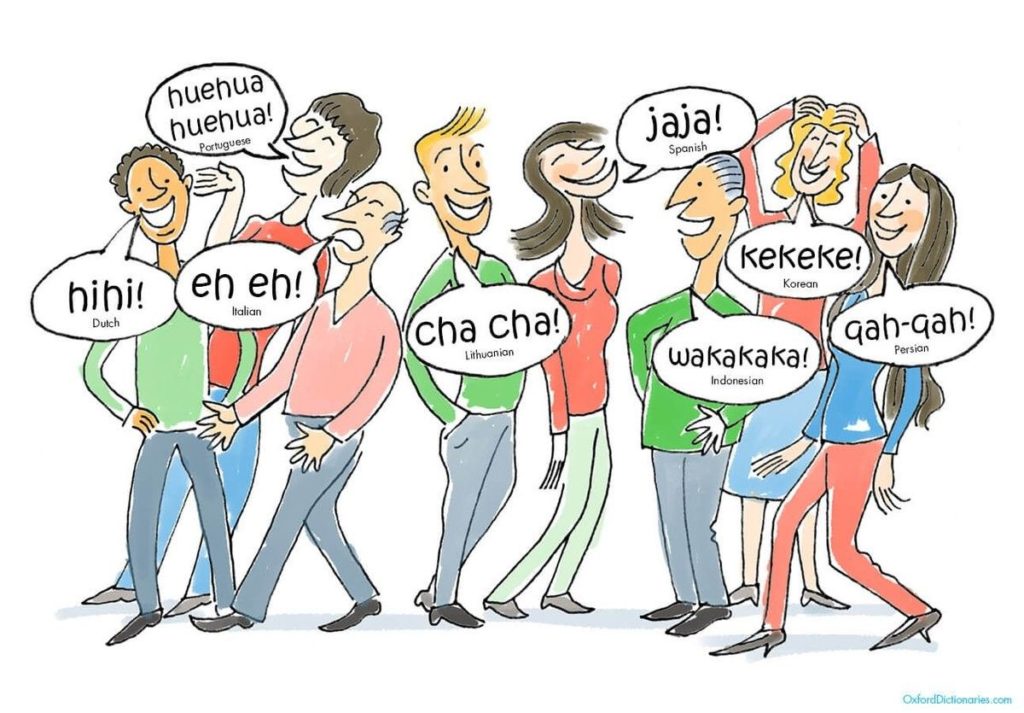
As a translation provider, what better way to spend International Joke Day than exploring jokes that get lost in translation?
Here are some examples of jokes that definitely do not translate from one language to another:
| Language: | English | French |
| Question: | In which state does the river Mississippi flow? | Qui a été le premier colon en Amérique? |
| Answer: | In a fluid state. | Christopher |
Explanation: In French, Christopher Columbus is called Christophe Colomb. “Colomb” happens to sound the same as the word “colon” (colonist). So, in speech, the question could also mean “Who was the first Columbus in America?”
| Language: | Spanish | English |
| Question: | Cuáles son las vacas más perezosas? | What’s the laziest type of cow? |
| Answer: | Vacaciones! | A vacation! |
Explanation: It’s a play on the fact that the word vaca, meaning “cow”, is the same as the first two syllables of vacación, meaning “vacation”. So “vaca-ciones” are like lazy cows, because they always go on vacations.
| Language: | German | English |
| Question: | Wie nennt man ein helles Mammut? | What do you call a bright mammoth? |
| Answer: | Helmut! | Helmut! |
Explanation: Helmut is a common, yet old-fashioned, male German name. But also the first syllable of ‘hell’ (bright) and the last syllable of ‘Mammut’ (mammoth). It’s like the name of a bright mammoth would be Brighmoth, if that were a real name.
| Language: | Chinese | English |
| Question: | 谁最知道猪? | Who knows pigs very well? |
| Answer: | 蜘蛛人! | Spider-Man! |
Explanation: If you didn’t know Spider-Man in Chinese, you’re more likely to think of the characters “知豬人” instead of “蜘蛛人” when someone utters, “zhī zhū rén,” translated as “I know, the pig-man.” So the joke is pretty much referring to Spider-Man as a pig-man.
What other jokes do you know that don’t translate well?
Happy International Joke Day 2020!








